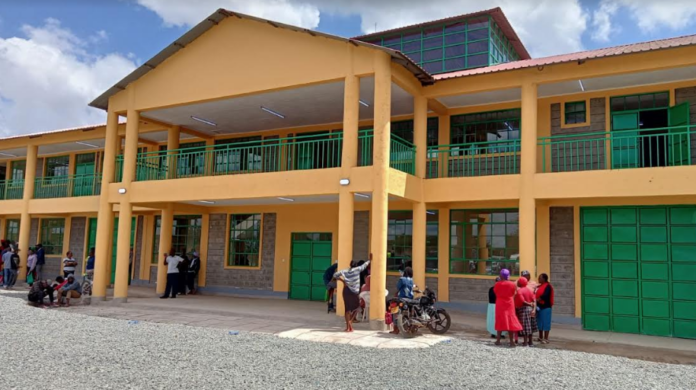The government of Kenya has finished building the Ruiru Technical and Vocational College in Kwihota Village Ruiru Sub County, Kiambu County. This TVET institution which was funded by the government will offer various artisan courses such as electrical and mechanical engineering, masonry, plumbing, beauty and catering. The main aim of this college is to enhance literacy levels in the country and provide learning opportunities for students interested in vocational education.
Otiende Amolo, the Member of Parliament for Rarieda constituency has urged the government to prioritize vocational education to drive development in Kenya. He emphasized that focusing on TVETs is crucial for growth and stressed the significance of establishing a TVET facility in every constituency. These institutions play a role in producing skilled individuals who can be self employed if they cannot secure traditional jobs. Amolo also praised the government for covering fees for students enrolled in TVET institutions.
The NGCDF has allocated one million shillings to support tuition fees for the fifty students, at the Ruiru Technical and Vocational College. The school will start enrolling students on January 9th. Will be overseen by Dr. Linda Ayuku, who previously served as the academic head at Kisumu Polytechnic. Amolo urged residents to make use of this new school by investing in housing or offering rooms for rent to accommodate students from other areas. He also advised parents to motivate their children to explore education and training (TVET) institutions highlighting that they offer fundamental courses at various levels such, as artisanal, certificate and diploma programs which could lead to better job prospects compared to a traditional university degree.


Please provide its clear location
A good initiative of empowering the youth for self reliance
Do you offer Fashion and design course.
i need how to get my addmission
please send me my admission letter
Do you offer electrical, wire man, automotive wiring. Send me fees structure
there is no enough details